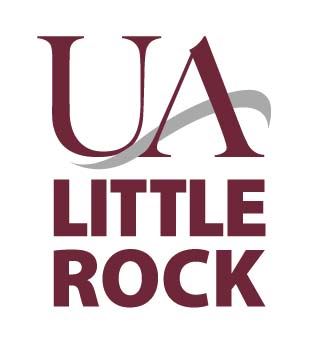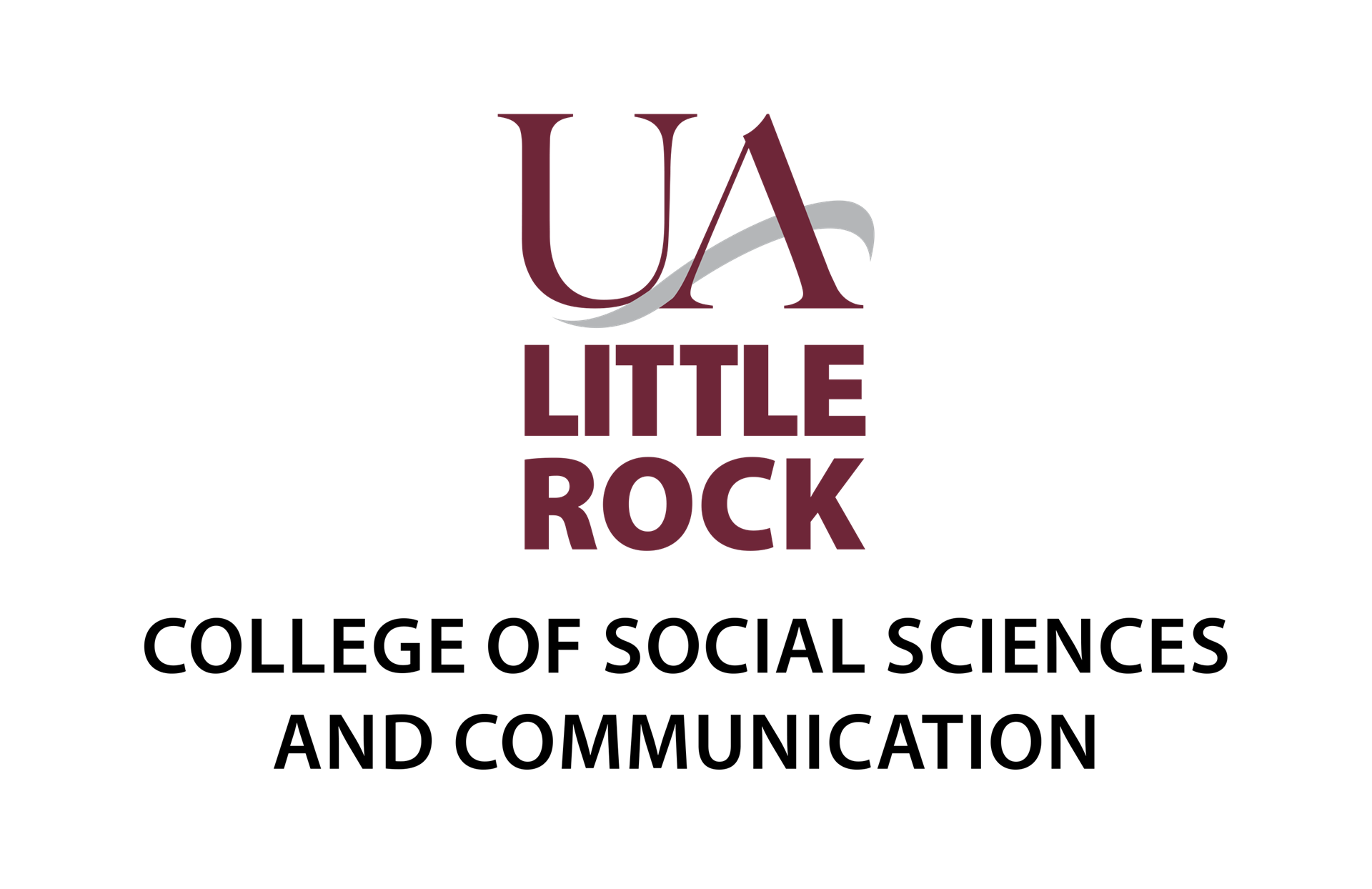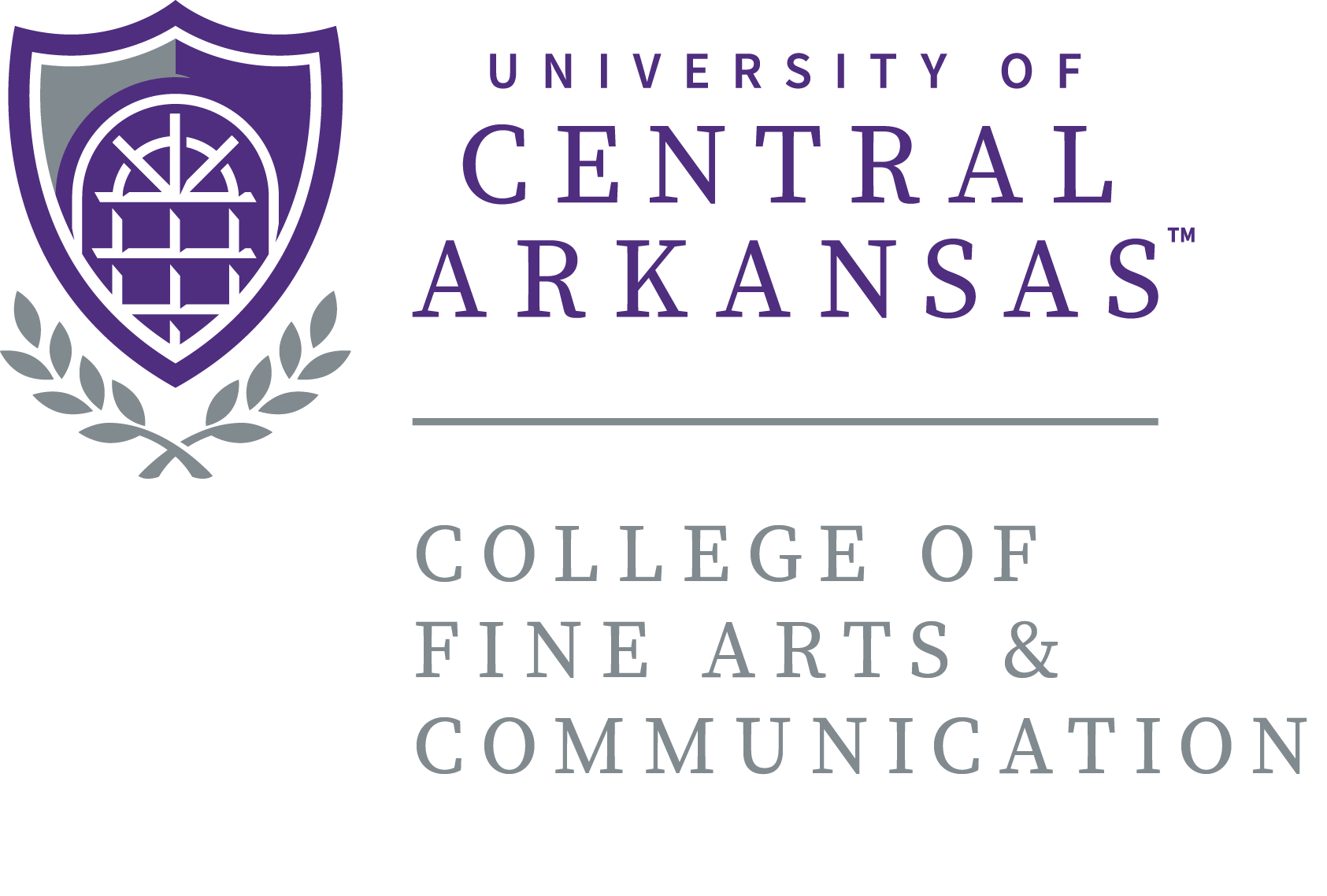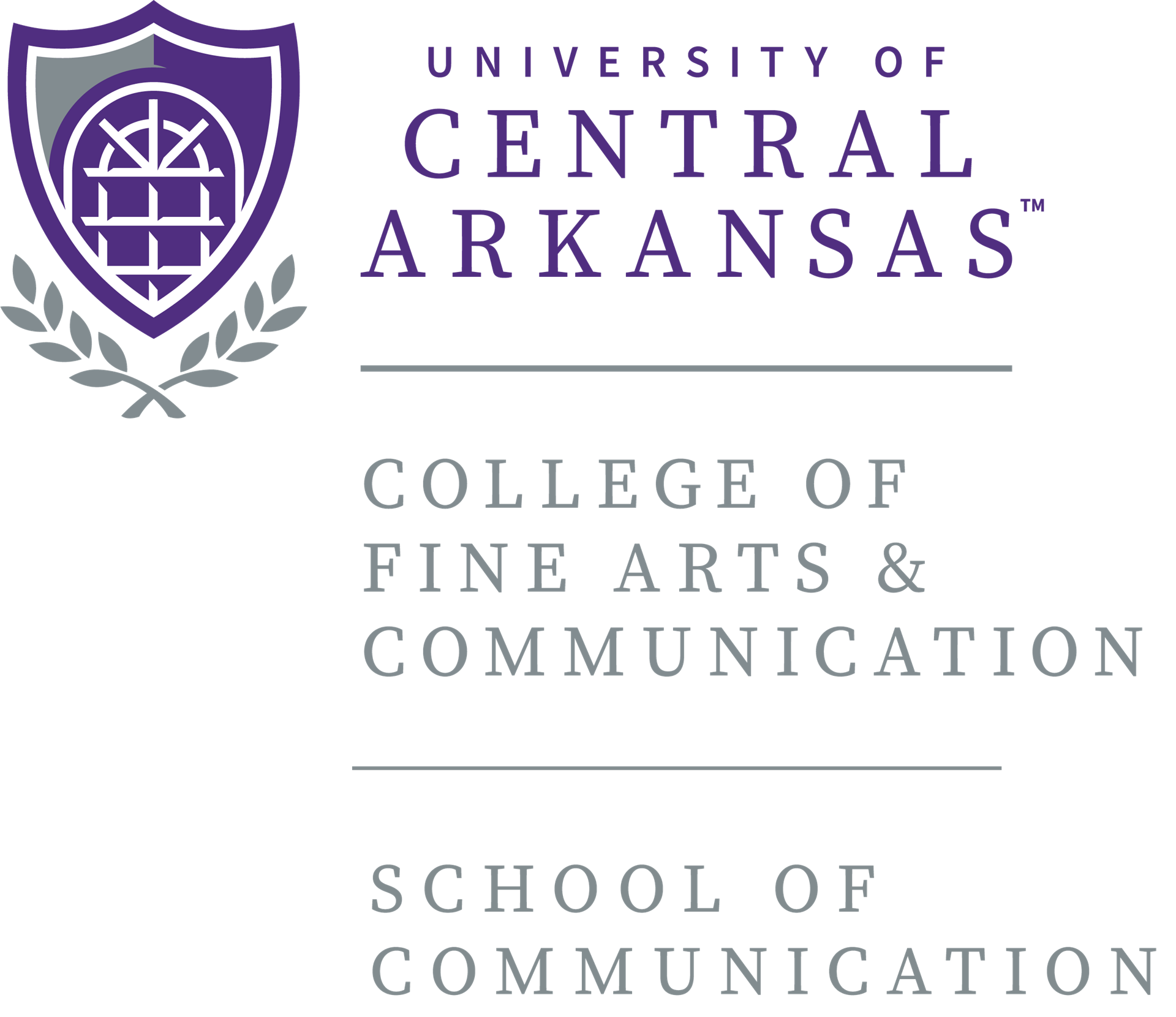
36th Annual AJHA Convention
Little Rock | Oct. 12-14, 2017
Convention contacts Convention Coordinator Registration Coordinator Program Coordinator Convention hosts Sonny Rhodes | Panel Abstracts Go to: Program | Paper Abstracts | Research in Progress Journalism History News Service: A Series of Historical Perspectives on Contemporary Journalism Moderator: David Vergobbi (Utah) AJHA’s members in this panel will discuss the possibility of moving toward a more formal and prominent public role in an effort to address current press controversies in a historical perspective. We at AJHA believe that today there are no historians better able to provide insight and perspective in a current debate over American journalism that has become fractious, sometimes rancorous, and often based on fundamental misunderstandings. Fractious debate regarding the ethics and freedoms of journalism, as AJHA historians know, has been part of American history since days of colonial rule. Perhaps as the country seems to be reaching another high point of anger and confusion over its journalism, now is an ideal time for members to play a larger role in contemporary debate. We propose a series of short public essays, editorials, and podcasts—perhaps no more than 500-700 words—on historical topics that could serve to help illuminate today’s discussions. These essays would be disseminated not only on the association’s website, but also on social media, and as articles circulated widely to the legacy press. Authors would hope to encourage discussions regarding these topics, either as comments or perhaps as actual live online chats coordinated through the association, perhaps on weekend mornings in a virtual community. The service will also provide a list of lecturers that any community organization can call upon to speak on the topic. LOCAL PANEL:60 Years Later: The Arkansas Gazette’s Coverage of the Desegregation of Little Rock Central High School Moderator: Donna Lampkin Stephens (Central Arkansas) In 1957, one of the biggest stories of the 20th century came to Little Rock with the desegregation of Central High School. When Governor Orval Faubus called out the National Guard to keep the Little Rock Nine from entering the school, the Arkansas Gazette took the editorial stance that the state must not defy the federal government’s 1954 ruling in the Supreme Court case of Brown v. Board of Education. The Gazette’s stance was unpopular; the newspaper lost one-fifth of its circulation and suffered an advertising boycott that cost the equivalent of $13 million. Despite the trials, the Gazette stayed its course, and in May 1958 it became the first newspaper to win two Pulitzer Prizes for coverage of the same event: one for public service and one for editorial writing. This panel will provide a first-person look back at the Gazette’s coverage and its aftermath. Beyond the Interview: Promoting Oral History in Teaching, Research, and Public Moderator: Melita Garza (Texas Christian) Oral histories offer a rich opportunity for creating and collecting new perspectives on history, particularly at the local and regional level. However, the recording and transcribing should only be the beginning. This panel offers ideas on how to incorporate oral histories into unique research projects, including podcasts, documentaries, dissertations, and image analysis. Fake News, First Amendment Assaults, and Political Polarization: Teaching Journalism History in Tumultuous Times Moderator: Gerry Lanosga (Indiana) Students in our history courses are confronted with a tumultuous media environment as they prepare to launch their careers. Rapid changes in technology have transformed journalism jobs and the ways people consume information. For much of the public, the spread of fake news and the rise in media silos have further eroded trust in conventional journalism. The president and his allies have called the media “the enemy of the American people” and have tried new ways to restrict access to information. The country seems divided in matters of politics, race, and economics, a polarization that the media often reflect. This panel will share different ways that we, as teachers, can use insights gained from history to help our students navigate the current media environment. It will emphasize classroom lessons and exercises that AJHA members can use in their own courses. In addition, the panelists will suggest possible answers to the questions our students are asking about the current turmoil. From Pant(aloon)s to Pussy Hats: Feminist Dress as Media Spectacle Moderator: Erika Pribanic-Smith (Texas-Arlington) This panel examines ways that women have historically employed articles of clothing and manners of grooming as symbols in feminist campaigns for social change. Because these campaigns often employed media spectacle, their symbolism is of interest to media historians. Examining 19th-century Dress Reform, early 20th-century suffrage garb, hairstyles across several eras, pants in the 1970s, and finally 21st-century “pussy hats,” panelists will discuss themes such as the disruption of gendered expectations (i.e. pants as naturally “male”), the use of traditionally feminine skills (sewing and knitting) to undermine and reframe symbolic oppression, feminist use of media and the news media’s treatment of them. A Fuller Cast of Characters: The Case for More Inclusive Methodology Moderator: Marquita Smith (John Brown) Since the rise of “history from below” more than four decades ago, historians have acknowledged the lacuna at the heart of archival research — namely, that elites are most likely to leave a paper trail and that the availability of archives preordains whose perspectives will dominate the peer-reviewed historical narrative. Because historians’ selection and navigation of archives have ethical and democratic implications, this panel will argue that archival context — who is present in and who is missing from the record — requires our methodological attention. For this panel, three media scholars will discuss strategies for making hidden and neglected voices more present in historical narratives. Although their methodologies are not period-specific, these scholars draw examples from research on print media of the 1930s and 1940s. Of interest will be where they found their sources, how they used them, and how methodological concerns informed their research. The audience will be invited to discuss their own research and to engage the premise of the panel — that expanding the cast of historical characters is an ethical issue for media history. Taking Your History Class on the Road: Inspiring Students with a Sense of Place Moderator: Kim Mangun (Utah) This panel will offer a wide range of ideas, advice and examples of how journalism historians might get their students out of the classroom and into the spaces they have read about in all those wonderful history books. This panel will inspire those teaching media history to consider teaching their courses as study abroad adventures or domestic study excursions. It will also help them figure out how to do it. Panelists have escorted students across Europe, Uganda, New York City and through the American South and will discuss how they planned the itinerary, secured the funding, and recruited and prepared students for intensive study before they hit the road. Panelists will offer syllabi, reading lists and detailed itineraries to those interested. Thinking Internationally: Research Opportunities Connecting Media History in the U.S. and Abroad Moderator: Steven Listopad (North Dakota State/Henderson State) From the printing press to the internet, media history is rich with exciting opportunities for scholarly research. However, American researchers may not consider examining many of the wide-ranging international aspects of U.S. media history or American elements of international media. Those areas can provide vast opportunities for media history researchers. This panel will highlight aspects of media research that scholars may not generally examine or may be hesitant to tackle because of language barriers and distance. Topics include the growing Spanish-language media in the United States as well as U.S. elements of international media history. The session will also contain information about conducting European archival research and will cover television, radio, and print. |
Convention hosts & sponsors





